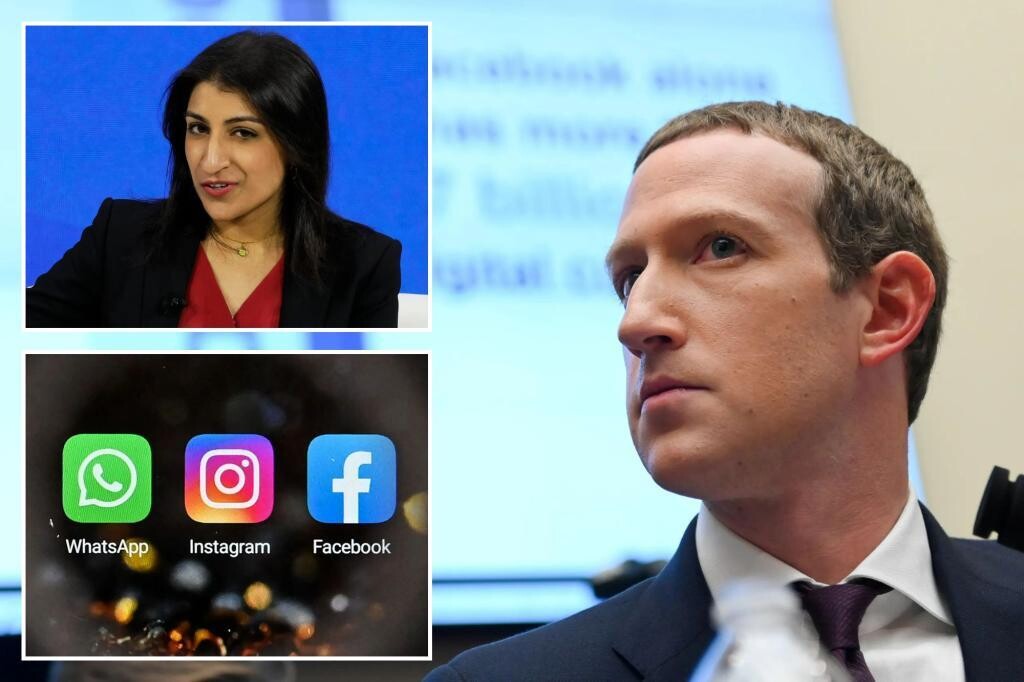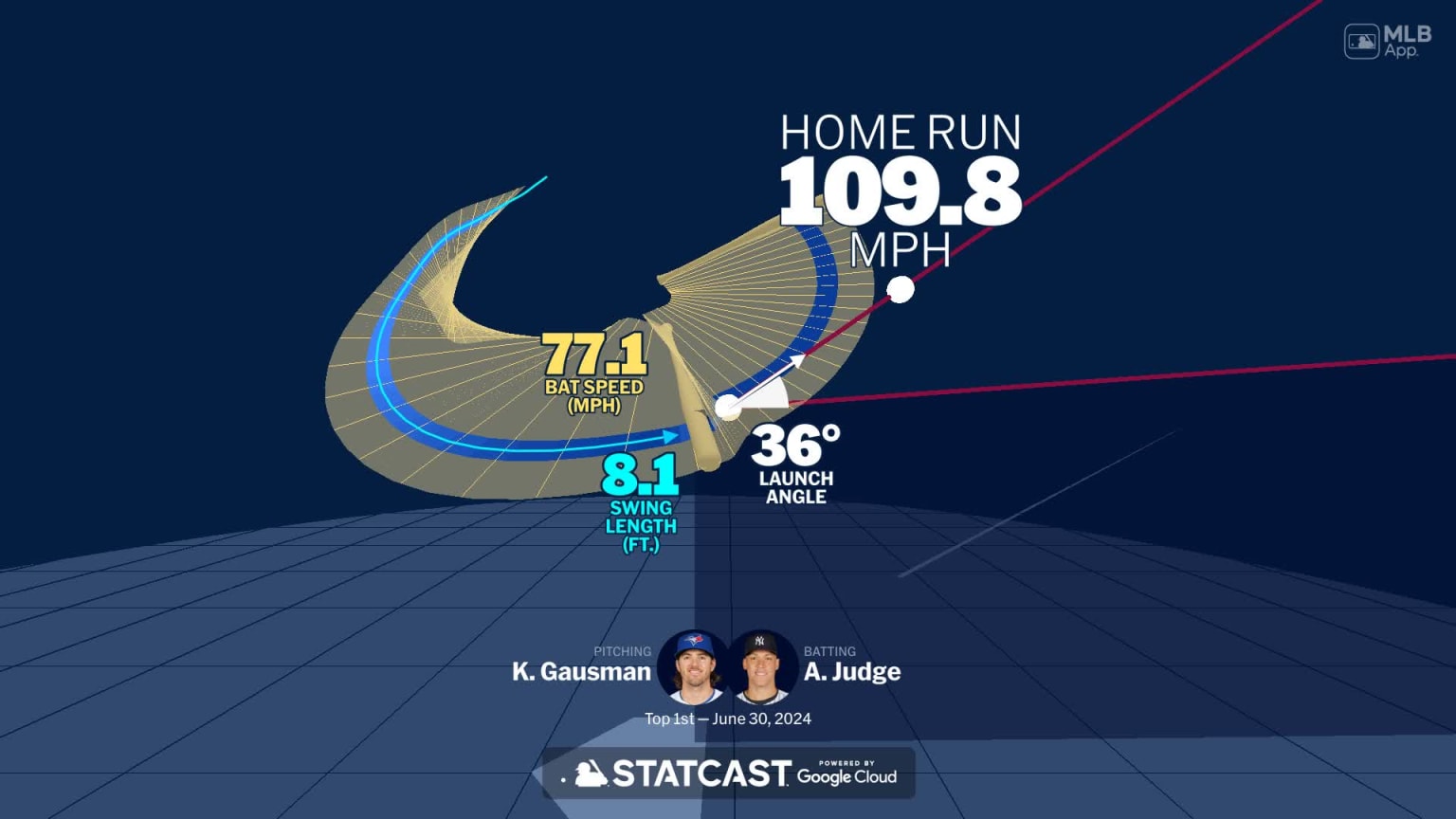FTC Vs. Meta: Analyzing The Antitrust Claims Regarding Instagram And WhatsApp

Table of Contents
The FTC's Case Against Meta: Stifling Competition
The FTC's core argument centers on the assertion that Meta's acquisitions of Instagram and WhatsApp stifled competition and created a monopolistic environment within the social media market.
The Acquisitions of Instagram and WhatsApp:
Meta acquired Instagram in 2012 and WhatsApp in 2014. At the time of acquisition, both platforms were significant players, posing potential long-term competitive threats to Facebook's dominance.
- Instagram's potential as a standalone competitor to Facebook: Instagram, with its focus on visual content, was rapidly gaining popularity and presented a viable alternative to Facebook's text-based approach. The FTC argues that by acquiring Instagram, Meta eliminated a significant potential competitor.
- WhatsApp's unique features and user base: WhatsApp's encrypted messaging service and vast global user base offered a distinct competitive advantage. Acquiring WhatsApp, according to the FTC, further consolidated Meta's power and prevented the emergence of a rival messaging giant.
- The argument that Meta stifled innovation by preventing the emergence of rival platforms: The FTC contends that these acquisitions not only removed existing competitors but also discouraged the development of future competing platforms by preventing smaller companies from gaining traction in the market. This alleged suppression of innovation is a key aspect of the FTC's case.
Allegations of Anti-Competitive Practices:
Beyond the acquisitions themselves, the FTC also alleges that Meta engaged in anti-competitive practices to maintain its dominance.
- Examples of Meta's strategies to limit competition: These strategies allegedly included integrating data across platforms to better target advertising, making it difficult for competitors to gain user data and compete effectively.
- Analysis of data sharing practices across platforms: The FTC argues that the integration of data across Facebook, Instagram, and WhatsApp created a powerful data advantage for Meta, allowing it to better target advertising and understand user behavior, ultimately making it harder for smaller players to compete.
- Potential harm to consumers from reduced competition: Reduced competition, the FTC argues, leads to higher prices, fewer choices, and ultimately, a less innovative and dynamic social media market for consumers.
Meta's Defense: Innovation and Consumer Benefits
Meta counters the FTC's claims by arguing that the acquisitions benefited consumers through innovation and integration, and that the market remains competitive.
Arguments for Integration and Synergies:
Meta argues that the integration of Instagram and WhatsApp with Facebook resulted in a better user experience.
- Improved user experience through integrated features: Meta highlights the ability to share content seamlessly across platforms, simplifying the user experience and making communication more efficient.
- Cross-platform communication and sharing benefits: The argument is made that the integration has made sharing photos, videos, and messages across different platforms much easier for users.
- Technological advancements resulting from combined resources: Meta asserts that combining the resources and expertise of the three platforms has led to technological advancements that benefit all users.
Claims of Increased Competition:
Meta maintains that the social media market is dynamic and competitive, pointing to the emergence of other platforms.
- Examples of competing platforms and their growth: TikTok, Snapchat, and Twitter are cited as examples of platforms that are actively competing with Meta's services.
- Evidence of a dynamic and evolving social media market: Meta highlights shifts in user preferences and the constant evolution of social media platforms as evidence of ongoing competition.
- Assessment of Meta's declining market share in specific areas: Meta may also point to areas where its market share is decreasing, particularly among younger demographics, as evidence of competition.
Conclusion:
This analysis of the FTC vs. Meta antitrust case reveals a complex battle with significant implications for the future of social media and antitrust law. The FTC's concerns about stifling competition are valid, but Meta's arguments regarding innovation and consumer benefits also hold weight. The ongoing legal battles highlight the challenges in regulating powerful tech companies. The outcome of this case will set a precedent for future antitrust cases involving large technology firms and their acquisition strategies.
Call to Action: Understanding the complexities of the FTC vs. Meta case is crucial for anyone interested in the future of antitrust enforcement in the tech industry. Further research into the ongoing legal proceedings and the impact of this case on future mergers and acquisitions is strongly recommended. Stay informed on the developments in the ongoing FTC vs. Meta antitrust battle regarding Instagram and WhatsApp to understand the evolving landscape of competition in the social media sector. Understanding the nuances of this case is critical to navigating the increasingly complex world of antitrust law and its implications for the tech industry.

Featured Posts
-
 Yankees Success A Deep Dive Into Team Dynamics And Performance
Apr 23, 2025
Yankees Success A Deep Dive Into Team Dynamics And Performance
Apr 23, 2025 -
 Asear Alktakyt Alywm 14 4 2025 Fy Msr Dlyl Shaml
Apr 23, 2025
Asear Alktakyt Alywm 14 4 2025 Fy Msr Dlyl Shaml
Apr 23, 2025 -
 Hegseth Leaks Targeting Trumps Policy Goals
Apr 23, 2025
Hegseth Leaks Targeting Trumps Policy Goals
Apr 23, 2025 -
 Months Long Persistence Of Toxic Chemicals After Ohio Derailment
Apr 23, 2025
Months Long Persistence Of Toxic Chemicals After Ohio Derailment
Apr 23, 2025 -
 Brice Turangs Bunt A Walk Off Win For The Milwaukee Brewers
Apr 23, 2025
Brice Turangs Bunt A Walk Off Win For The Milwaukee Brewers
Apr 23, 2025
